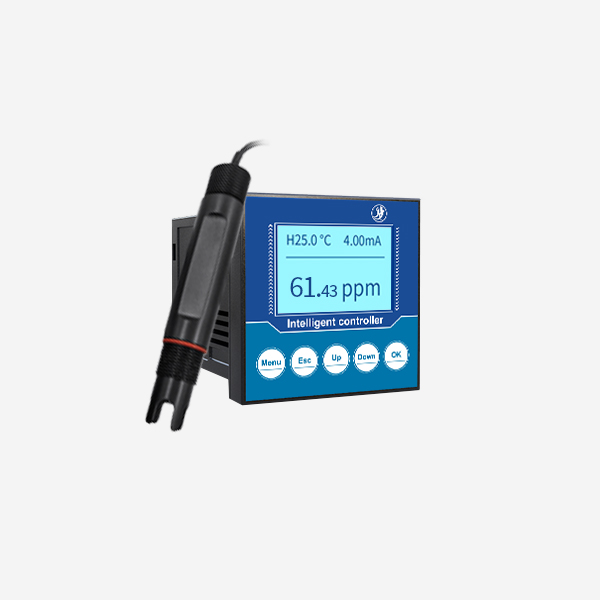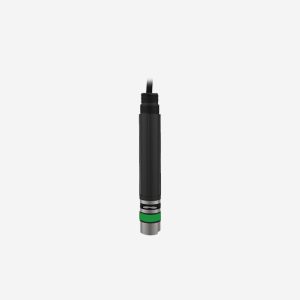water leak monitor
Water leak monitors, also known as water sensors, are devices used to detect leaks in a home’s plumbing system. These devices have become increasingly popular due to their ability to prevent major water damage and mold growth. This article will discuss the risks associated with water leaks, the benefits of using water leak monitors, and tips for selecting and installing the devices.

The Risks Associated with Water Leaks
Water leaks can cause several problems that can adversely affect homes and health. For instance, prolonged exposure to moisture resulting from leaks can lead to the growth of mold and mildew, which can trigger allergies, asthma, and other respiratory problems. Additionally, water leaks can weaken structural materials such as wood, drywall, and plaster, leading to costly repairs.
Moreover, water leaks can cause erosion of soil around homes, which can compromise the foundation and lead to collapse. Furthermore, water leaks can create ideal conditions for pests, such as termites and carpenter ants, to thrive. These pests can bore into wood structures, causing additional damage to already weakened homes.
Benefits of Using Water Leak Monitors

- Early Detection – Water leak monitors can alert homeowners to leaks as soon as they occur. Early detection is critical in limiting the extent of water damage in homes.
- Cost Savings – By alerting homeowners to leaks early on, water leak monitors can prevent costly repairs and replacements.
- Environmental Protection – Water leak monitors help reduce water wastage, contributing to environmental conservation efforts.
- Improved Health – By preventing the growth of mold and mildew, water leak monitors can improve indoor air quality, reducing the risk of respiratory illnesses.
Tips for Selecting and Installing Water Leak Monitors
- Type of Monitor – Choose a water leak monitor that is compatible with the plumbing system in the home. Some monitors work only with specific types of pipes.
- Wireless Connectivity – A monitor with wireless connectivity allows for remote monitoring, thus ensuring real-time alerts to potential leaks, even when the homeowner is away.
- Battery Life – Choose a device with an extended battery life. The longer the battery lasts, the more effective the monitor will be in detecting leaks.
- Sensor Placement – Proper placement of water leak sensors is critical for their effectiveness. Place them in areas where previous leaks have occurred or where leaks are likely to occur.
- Professional Installation – Homeowners should consider hiring professionals to install water leak monitors, particularly if they are unsure about the plumbing system’s compatibility.
Conclusion
Water leaks can cause significant damage to homes and pose health risks to homeowners. Water leak monitors provide timely detection, alert homeowners of potential leaks, and prevent costly repairs. By considering essential factors such as type of monitor, wireless connectivity, and sensor placement, homeowners can select and install the right water leak monitors. Integrating water leak monitors into home maintenance practices can significantly reduce the risks associated with water leaks, ensuring a safe and healthy living environment.